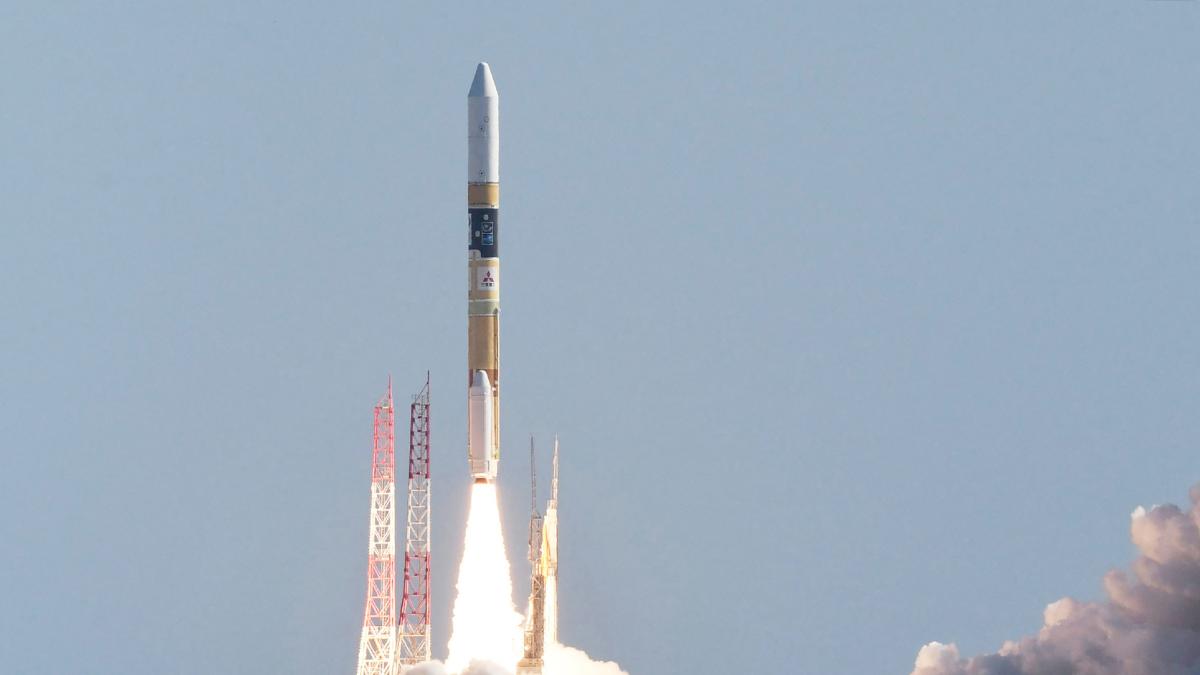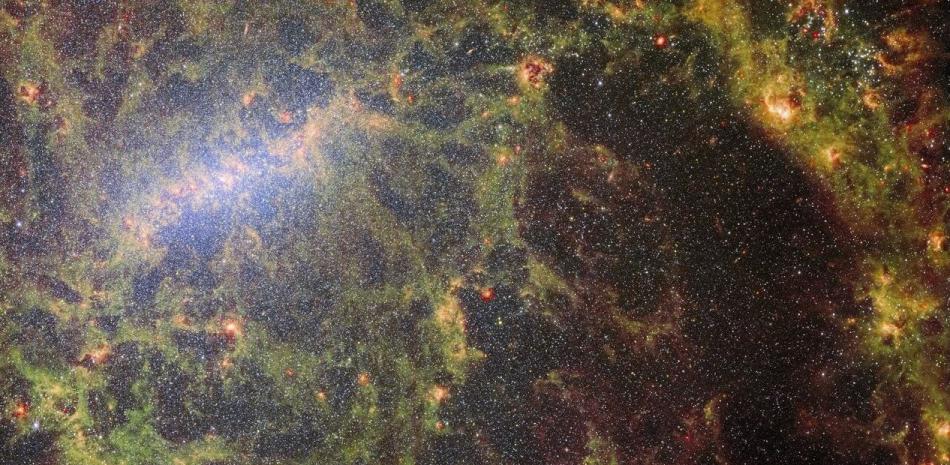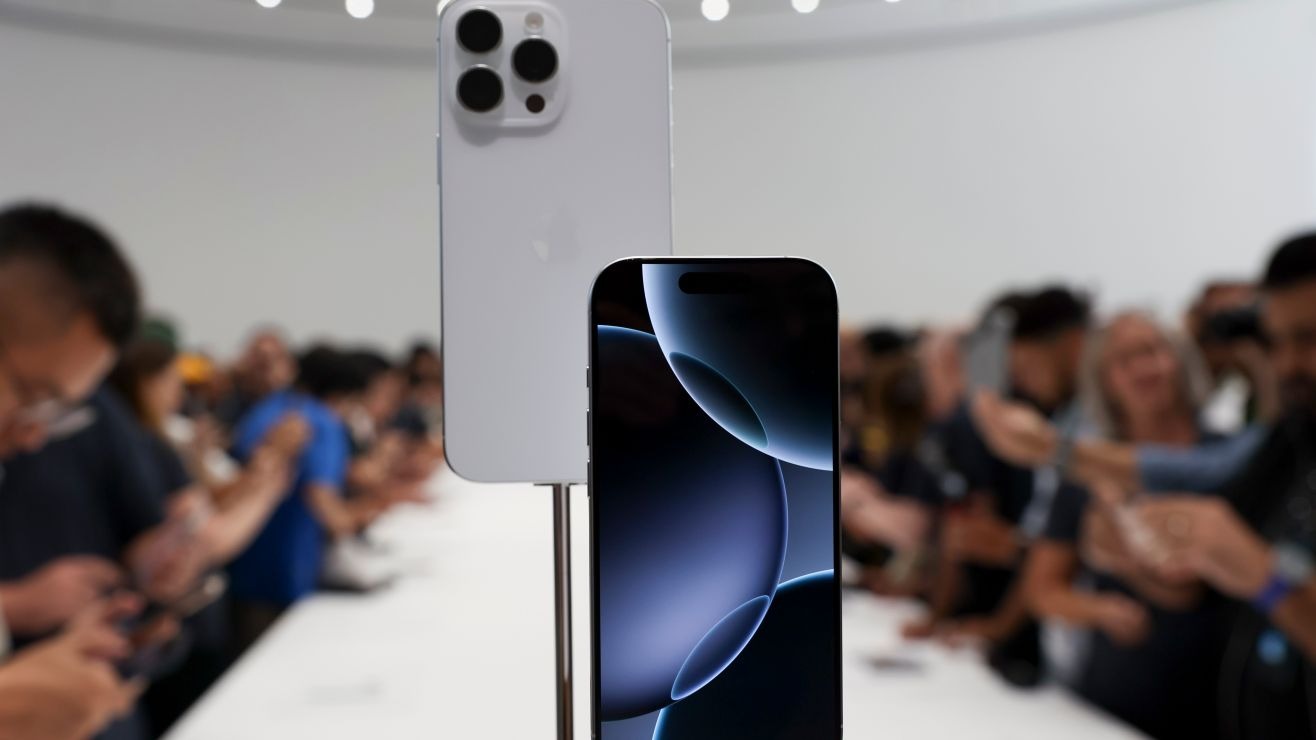NASA this Saturday launched for the first time a pair of climate satellites designed to study heat emissions at the Earth's poles, aiding research into climate change.
The CubeSats 1 satellite, the size of a shoebox, was launched into orbit by an Electron rocket, which took off from New Zealand as part of the PREFIRE mission, the US company said in a statement.
The mission will measure the amount of heat radiated into Earth's space from two of the planet's coldest and most distant regions.
The data collected is expected to help researchers better predict how Earth's ice, oceans and climate will be affected by climate change.
Karen St. Germain, director of NASA's Earth Sciences Washington division, said in a statement that the data will help provide a “better understanding” of how our planet's structure will change in the coming years.
“(This) is important for farmers to monitor changes in climate and water, for fishing fleets working in changing seas, and for coastal communities to strengthen their resilience,” he added.
PREFIRE focuses on estimating the balance between incoming heat energy from the Sun and outgoing heat emitted by the planet. Currently there is no comprehensive measurement of this type of energy.
“CubeSats may be small, but they close a huge gap in our knowledge of Earth's energy budget,” said Larry Leshin, director of NASA's Jet Propulsion Laboratory in California.
“Their observations will help us understand the fundamentals of Earth's heat balance, allowing us to better predict how our ice, our oceans and our climate will change during global warming.”
The second satellite will be launched in the coming days for a 10-month mission.





:quality(85)/cloudfront-us-east-1.images.arcpublishing.com/infobae/KTKFKR763RBZ5BDQZJ36S5QUHM.jpg)